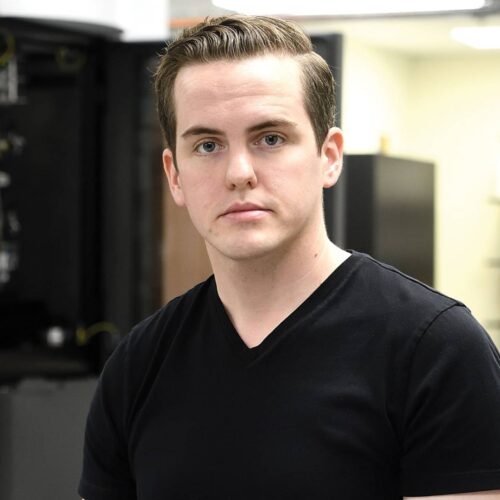
Dr. Edward Twomey
“Turning a once ‘undruggable’ brain receptor into a treatment target—opening new doors for therapies in schizophrenia, bipolar disorder, and depression“
Dr. Edward Twomey’s research reveals atomic-level mechanisms of neurotransmission and protein quality control, advancing therapeutic strategies for neurodegenerative and psychiatric brain disorders.
Dr. Edward C. Twomey, PhD, is an Assistant Professor of Biophysics and Biophysical Chemistry and of Neuroscience at the Johns Hopkins University School of Medicine, where he also directs the Beckman Center for Cryo-EM. He leads the Twomey Lab, which uses cryo-electron microscopy and biochemical approaches to uncover the structural mechanisms underlying neurotransmission, synaptic plasticity, neurodegeneration, and protein homeostasis. His research focuses on glutamate receptors, particularly AMPA receptors, and on AAA+ ATPases that regulate neuronal protein quality control. Dr. Twomey earned his BS in biochemistry from Seton Hall University and his PhD with distinction from Columbia University, followed by postdoctoral work at Harvard Medical School. His work aims to reveal atomic-level insights that inform new therapeutic strategies for brain disorders.
